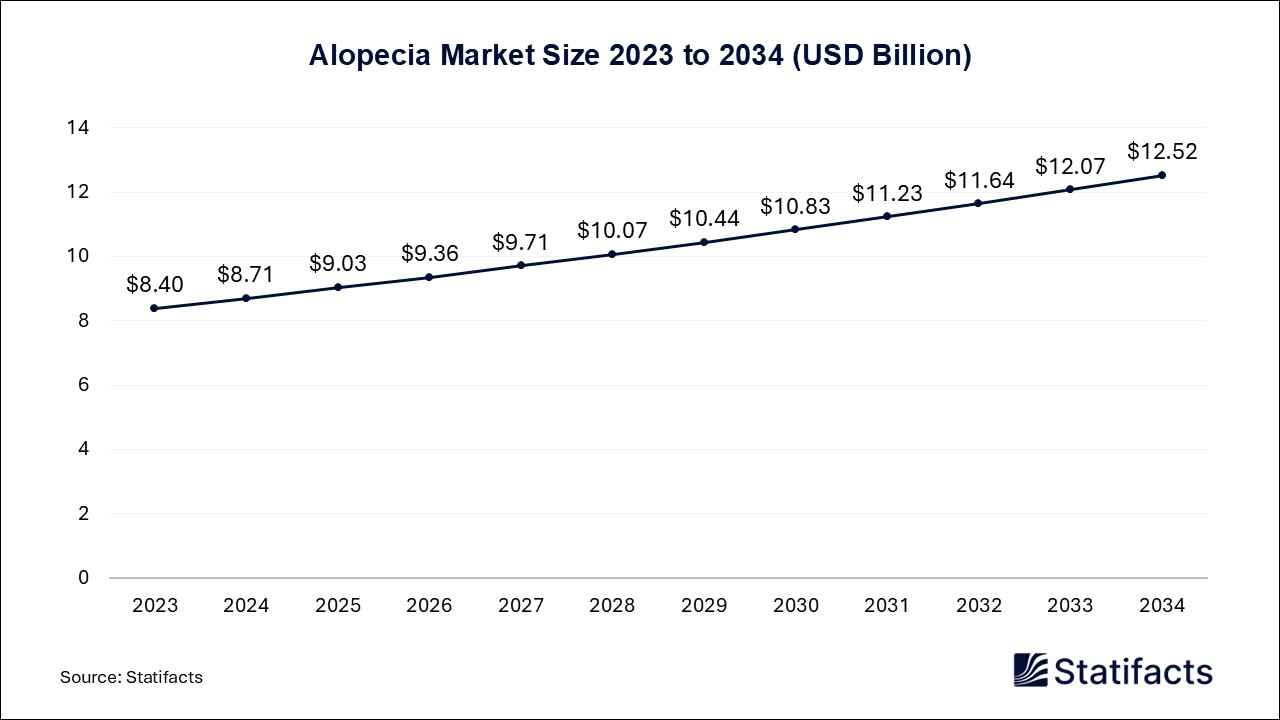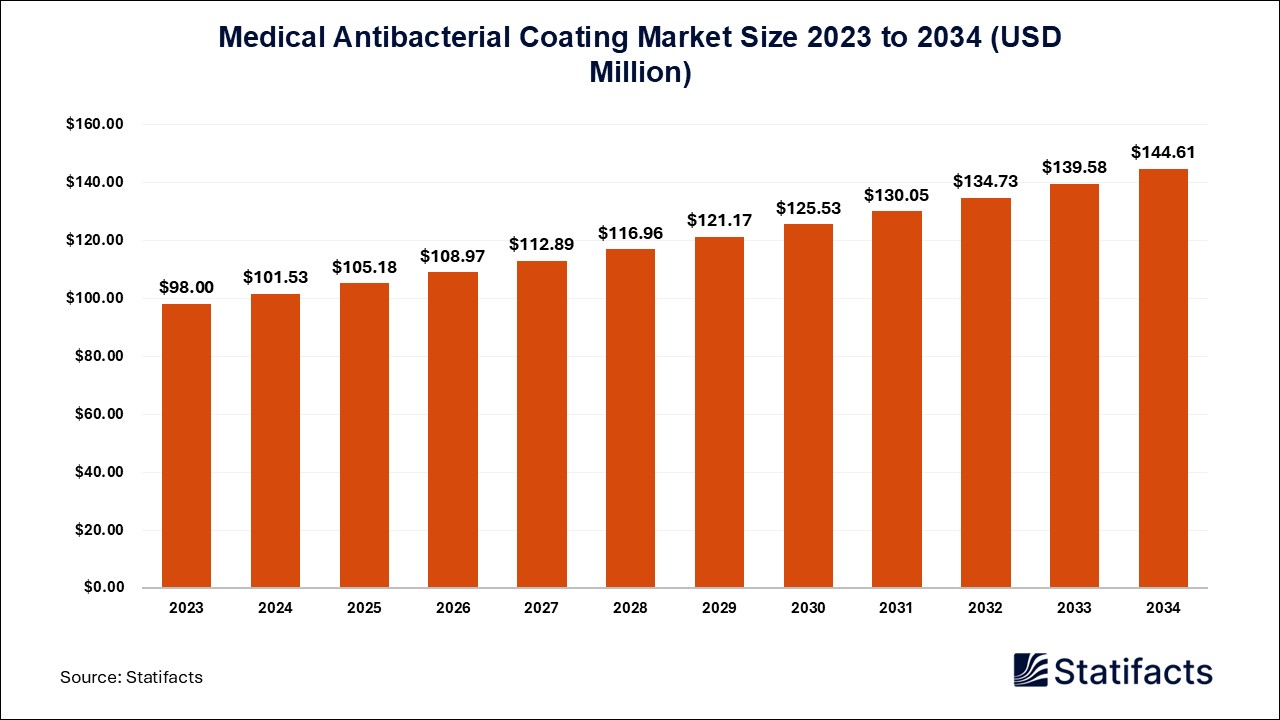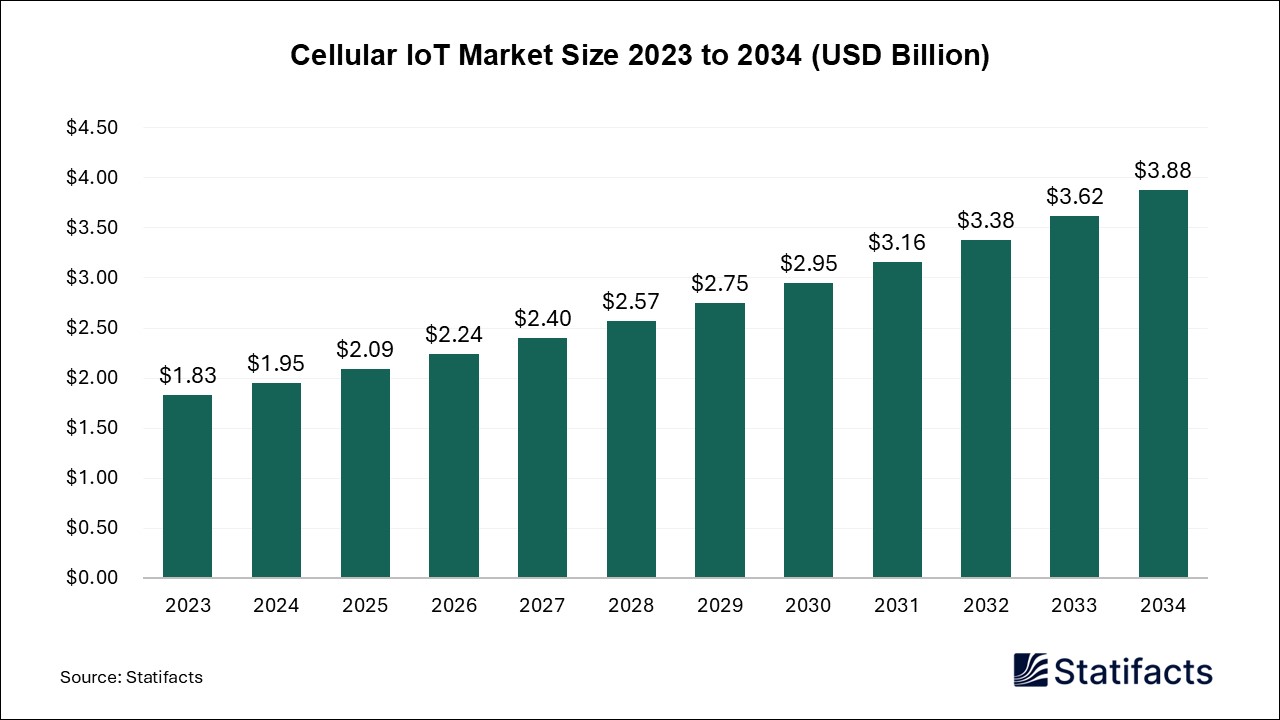
By clicking “Accept All Cookies” you agree to the storing of cookies on your device to enhance site navigation, analyze site usage, and assist in our marketing efforts.
Privacy PolicyThe global direct-to-consumer genetic testing market size was valued at USD 2,119 million in 2024 and is expected to hit around USD 11,185 million by 2034 with a CAGR of 18.1% from 2025 to 2034.
| Industry Worth | Details |
| Market Size in 2024 | USD 2,119 Million |
| Market Size in 2025 | USD 2,503 Million |
| Market Size by 2034 | USD 11,185 Million |
| Market Growth Rate from 2025 to 2034 | CAGR of 18.1% |
The direct-to-consumer genetic testing market refers to the production, distribution, and application of direct-to-consumer genetic testing, which are genetic tests sold directly to consumers to provide information about their genetic information, generally ancestry, some health traits, and health risks from a saliva sample. In vitro diagnostics (IVDs) that are marketed directly to consumers without the involvement of a healthcare provider are called direct-to-consumer tests. Direct-to-consumer tests are available in-store and online. The benefits of direct-to-consumer genetic testing include the ability to make health decisions, personalized medical recommendations, consumer education, and disease prevention. It also includes advantages like information that can be kept from insurance companies, public education and awareness of the role of genes in the development of common disorders is important for everyone, and knowing about genetic risk factors can promote proactive healthcare. It can also help access more direct customer feedback, control over marketing strategy, complete control over the fulfillment process, more control over messaging, better understanding of customer needs, and direct line of communication.
Increased demand for more personalized service driving the growth of the direct-to-consumer genetic testing market. There are many benefits of personalized service to learning if anyone is at risk for specific disorders that may be slowed or prevented if they make healthy changes, to learn if we have or are at risk for an inherited disorder if you are pregnant or plan to have a child if there is a strong family history of a specific disease, and to diagnose a disease. The personalized care benefits include increased satisfaction with care, better health literacy and self-care, improved health and clinical outcomes, and enhanced access to care. The goal of personalized service is to achieve the best outcome for patients by moving away from ‘one size fits all’ and towards tailoring treatments for specific individuals. Personalized service is a patient-centered, preventive approach to care delivery. When illnesses are identified at an early stage, patients have a broader range of interventions available to them. Patients who begin treatment early are more likely to make robust recoveries and return to a high quality of life. Personalized service advantages also include increased customer loyalty, satisfying customer experience, more effective customer targeting, improved lead generation, stronger brand reputation, enhanced buyer targeting, increased revenue, and better connection with customers.
Increased consumer awareness and increasing incidences of genetic disorders worldwide are driving the growth of the direct-to-consumer genetic testing market. Consumer awareness benefits include helping consumers make informed decisions and helping businesses to improve their products and services. This includes understanding features, important product information, rights, and how to make a complaint if we are not happy with a product or service. Increasing incidences of genetic disorders need earlier detection of potential health risks, informed family planning decisions, proactive health management, better access to preventive measures, increased participation in genetic research, and a greater understanding of personal health based on genetic predisposition, which directly help to improved health outcomes for individuals and families affected by genetic disorders. Genetic testing benefits include helping to understand and guide cancer prevention or treatment plans, diagnosing a genetic condition if a child has symptoms, and learning whether to have a child with a genetic condition.
According to a report published in February 2023, three hundred million people worldwide live with a rare disease. One in 10 Americans has a rare disease, and half of them are children. Of the more than 6800 rare diseases that have been identified, 72% are genetic. 70% of genetic disorders start in childhood.
Published by Kesiya Chacko
| Subsegment | 2024 | 2025 | 2026 | 2027 | 2028 | 2029 | 2030 | 2031 | 2032 | 2033 | 2034 |
|---|---|---|---|---|---|---|---|---|---|---|---|
| Nutrigenomics Testing | - | - | - | - | - | - | - | - | - | - | - |
| Predictive Testing | - | - | - | - | - | - | - | - | - | - | - |
| Carrier Testing | - | - | - | - | - | - | - | - | - | - | - |
| Skincare testing | - | - | - | - | - | - | - | - | - | - | - |
| Ancestry & Relationship testing | - | - | - | - | - | - | - | - | - | - | - |
| Subsegment | 2024 | 2025 | 2026 | 2027 | 2028 | 2029 | 2030 | 2031 | 2032 | 2033 | 2034 |
|---|---|---|---|---|---|---|---|---|---|---|---|
| Target Analysis | - | - | - | - | - | - | - | - | - | - | - |
| Single Nucleotide Polymorphism (SNP) chips | - | - | - | - | - | - | - | - | - | - | - |
| Whole Genome Sequencing (WGS) | - | - | - | - | - | - | - | - | - | - | - |
| Subsegment | 2024 | 2025 | 2026 | 2027 | 2028 | 2029 | 2030 | 2031 | 2032 | 2033 | 2034 |
|---|---|---|---|---|---|---|---|---|---|---|---|
| Online Platforms | - | - | - | - | - | - | - | - | - | - | - |
| Over The Counter | - | - | - | - | - | - | - | - | - | - | - |
To get full access to our Market Insights, you need a Professional Account or a Business Suite.

You will receive an email from our Business Development Manager. Please be sure to check your SPAM/JUNK folder too.

You will receive an email from our Business Development Manager. Please be sure to check your SPAM/JUNK folder too.

Our customers work more efficiently and benefit from



